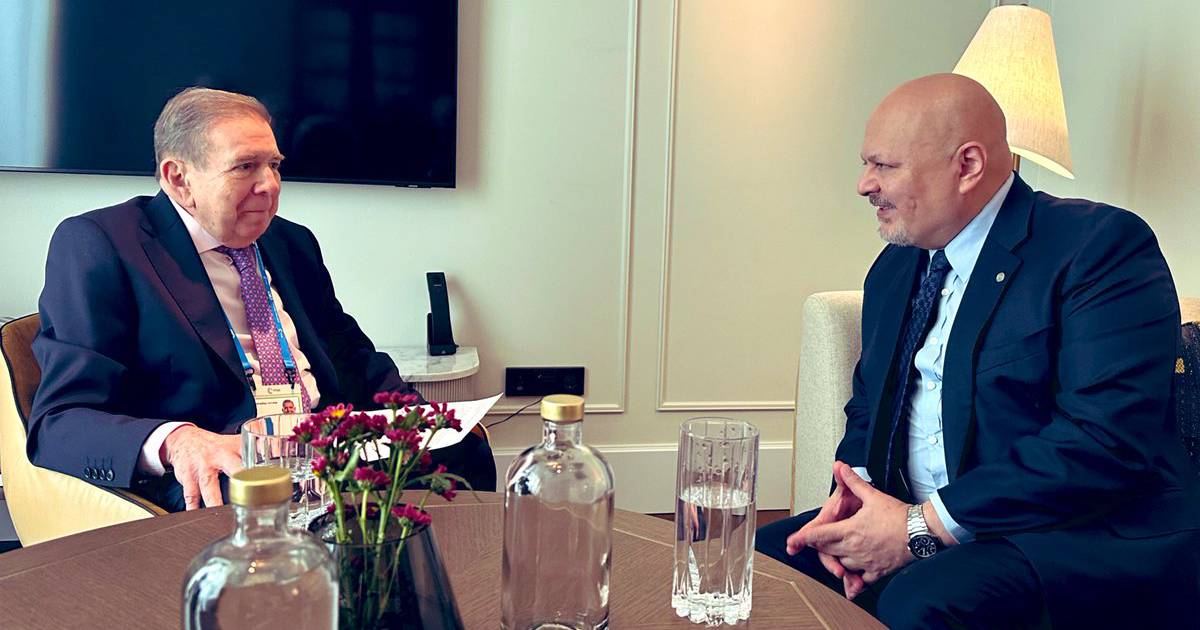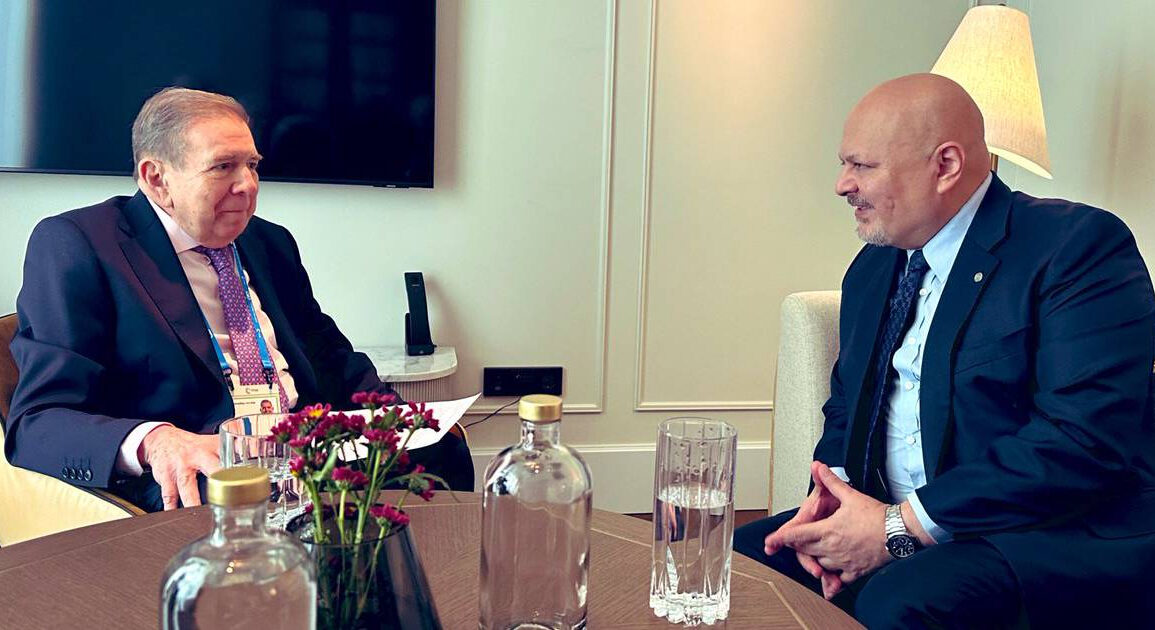
#NowWhatVenezuela keeps you informed about what’s happening deep inside la patria—from headline-making events to underreported stories that provide the clearest picture of our reality. This digest is published weekly.
Join our official channel through this link.
A justice that exhausts and fails to convict
A report by Runrunes exposed how Venezuela’s judicial system has delayed justice in at least 27 of the 104 deaths caused by security forces during anti-government protests between 2014 and 2019. These cases—representing 30% of the total number of victims—reveal an institutional pattern aimed at ensuring impunity: 70% remain unresolved.
The Runrunes team handed questionnaires to the relatives and lawyers of 27 victims. Their responses revealed how the Saab-led Public Ministry and the courts adopt practices that re-victimize the families and shield the perpetrators. Judges routinely soften charges or postpone hearings. Most investigations focus on low-ranking officers, and chains of command have never been investigated.
In 12 of the 27 cases analyzed in El patrón del olvido (“The Pattern of Oblivion”), there were multiple prosecutors in a single phase of the criminal trial. In six of them, at least five different prosecutors were appointed. This constant rotation seems designed to wear down the victims’ families. The report also documented obstruction of access to evidence and information, as well as frequent intimidation and mistreatment of relatives. In eight cases reviewed that were closed by the state, seven included video evidence identifying the perpetrator.
Why it matters: Given how difficult it is to achieve justice in Venezuela, the report acknowledges that victims have pinned their hopes on the International Criminal Court. However, the ICC is not currently investigating extrajudicial executions against dissidents (or regular citizens during FAES and OLP operations). The report asks whether the lengthy duration of these proceedings eventually wear down the hope for justice.
Fadi El Abdallah, spokesperson for the ICC, told Runrunes that the Court is not a fix-all solution—it can’t investigate every crime, and acquittals may happen if there’s reasonable doubt or if evidence is lacking. For Venezuelan society to recover from this damage, El Abdallah said, justice is just one piece of the puzzle.
Another ICC official said that victims must keep pushing for justice by sharing information with the Court. “You have to keep believing it will happen somehow, at some point, and stay committed, even if a lot of time passes and the suffering continues,” said Paulina Massida, Head of the Office of Public Counsel for Victims.
More information: Edmundo González and María Corina Machado have promised that if they come to power, they will offer a reparations package to victims of state violence: legal and social support, medical and psychological care, financial compensation, official acknowledgment of the injustices, and the annulment of wrongful convictions.
The old price authority pops up to “battle” the parallel dollar
The National Superintendency for the Defense of Socio-Economic Rights (Sundde) has launched a nationwide operation to ensure that businesses use the official central bank exchange rate—Bs. 70.24 as of Thursday—for pricing and billing in bolivars. The deployment includes “fair price points” set up near stores to receive citizen complaints and inspect prices on-site. The government says the goal is to “protect the purchasing power of the people” and combat the use of the parallel dollar, which is trading around Bs. 100 and reflects a 30% exchange gap. The regime had recently suspended municipal taxes for the primary production sector.
Why it matters: Maduro blames the black market dollar for being an “old enemy” of the Venezuelan economy and attributes its rise to an “over-demand” for foreign currency. The operation comes amid growing currency pressure, with the gap making price planning harder and threatening business sustainability, as companies are forced to shrink profit margins to comply with the official rate.
More information: Ecoanalítica recommends that businesses evaluate their dollar-based cost structures based on actual currency inflows, reduce foreign currency liabilities, monitor the exchange rate daily, and strengthen their collection processes. You can read more tips in their newsletter, Typing Business.
Recommended reads:
- El Pitazo: The regime arrested the chavista mayor of Sinamaica, the ninth municipality in Zulia intervened by chavismo since 2021.
- Efecto Cocuyo: Trump imposes a 15% tariff on imports from Venezuela, a rate just below the global average (16.5%) of tariffs applied to other countries.
- Crónica Uno: Power outages and electricity rationing cost Venezuelans between $20 and $30 a month, according to Cedice Libertad.
- Tal Cual: Rafael Uzcátegui, former coordinator of Provea, warns that the looming constitutional reform is an existential threat to Venezuelans and that chavismo is building a narrative strategy to make its proposal more palatable.
This post was originally published on this site be sure to check out more of their content.









